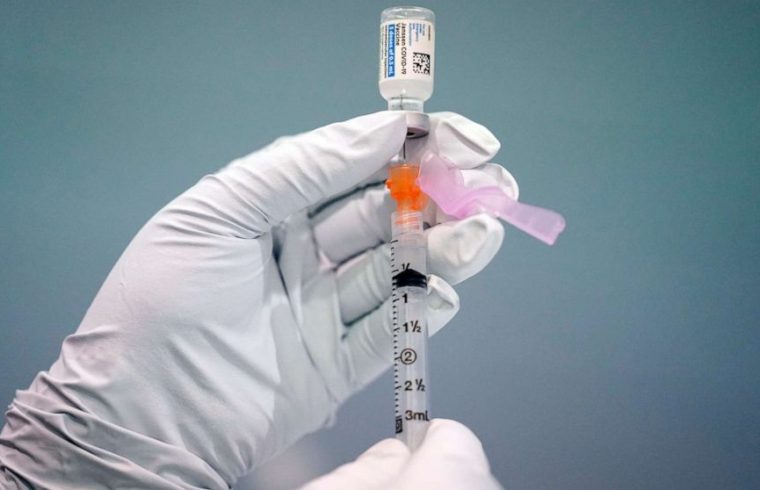Based on reports that some people have developed a rare nerve disorder after receiving the Johnson & Johnson coronavirus vaccination, the Food and Drug Administration has issued a warning to Americans who have received it.
“Reports of adverse events following use of the Janssen COVID-19 Vaccine under emergency use authorization suggest an increased risk of Guillain-Barré syndrome during the 42 days following vaccination,” the FDA said in a letter dated Monday to Janssen Biotech, the division of Johnson & Johnson that developed the vaccine.
According to the Centers for Disease Control and Prevention, approximately 100 preliminary Guillain Barre reports have been reported.
The FDA stated that 95 of those were very serious and needed to be admitted. One person died.
FDA won’t say that the vaccine caused the disease.
The J&J #Covid vaccine may be linked to a small increased risk of developing Guillain-Barré syndrome, @US_FDA says. With the EMA saying last week that AstraZeneca's vaccine may also trigger GBS, people will be looking to see if there's a class effect. https://t.co/RLZdaNxeZ5
— Helen Branswell (@HelenBranswell) July 12, 2021
According to The Post, FDA stated that existing evidence is not sufficient to establish causality.
FDA stated that it continues to find the Johnson & Johnson vaccine’s known and potential benefits outweigh its known and potential dangers.
The New York Times reported that the incidence of rare nerve disorders in recipients of the Johnson & Johnson vaccine was three to five times greater than the average American.
According to the FDA letter sent to Janssen, “Guillain Barré syndrome (a neurological disorder in which the body’s immune system damages nerve cells, causing muscle weakness and sometimes paralysis) has occurred in some people who have received the Janssen COVID-19 Vaccine. In most of these people, symptoms began within 42 days following receipt of the Janssen COVID-19 Vaccine. “
The FDA said symptoms of having Guillain-Barré include weakness or tingling sensations, especially in the legs or arms; difficulty walking or with facial movements; and difficulty with bladder control or bowel functions.
According to the CDC, most of those affected were men over 50 years old.
According to the Post, there have not been any such problems with Moderna or Pfizer BioNTech vaccines.
This is the second major stumbling block for Johnson & Johnson’s vaccine.
It was placed on pause three months ago due to concerns that the vaccine could cause severe blood clots. After a warning was attached, the drug was put on pause.
Astra Zeneca, which is administered in Europe, has not been approved to be used in the U.S.A. It has been also examined for possible Guillain-Barre.












